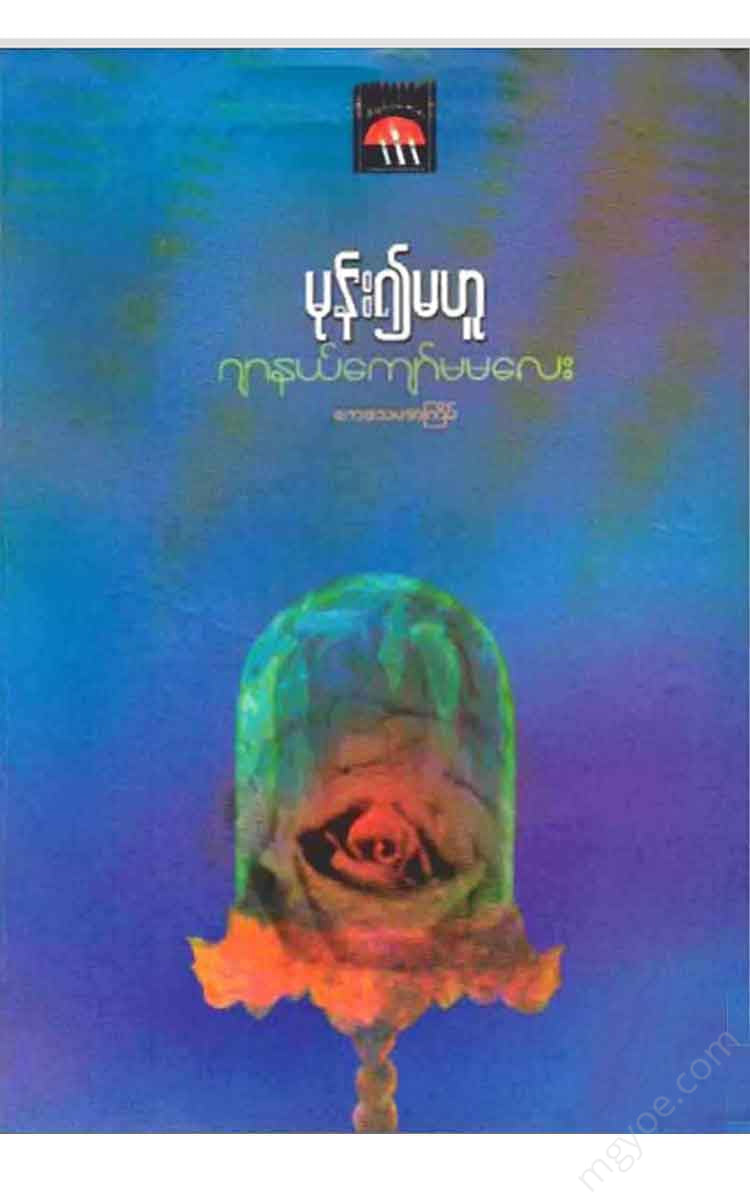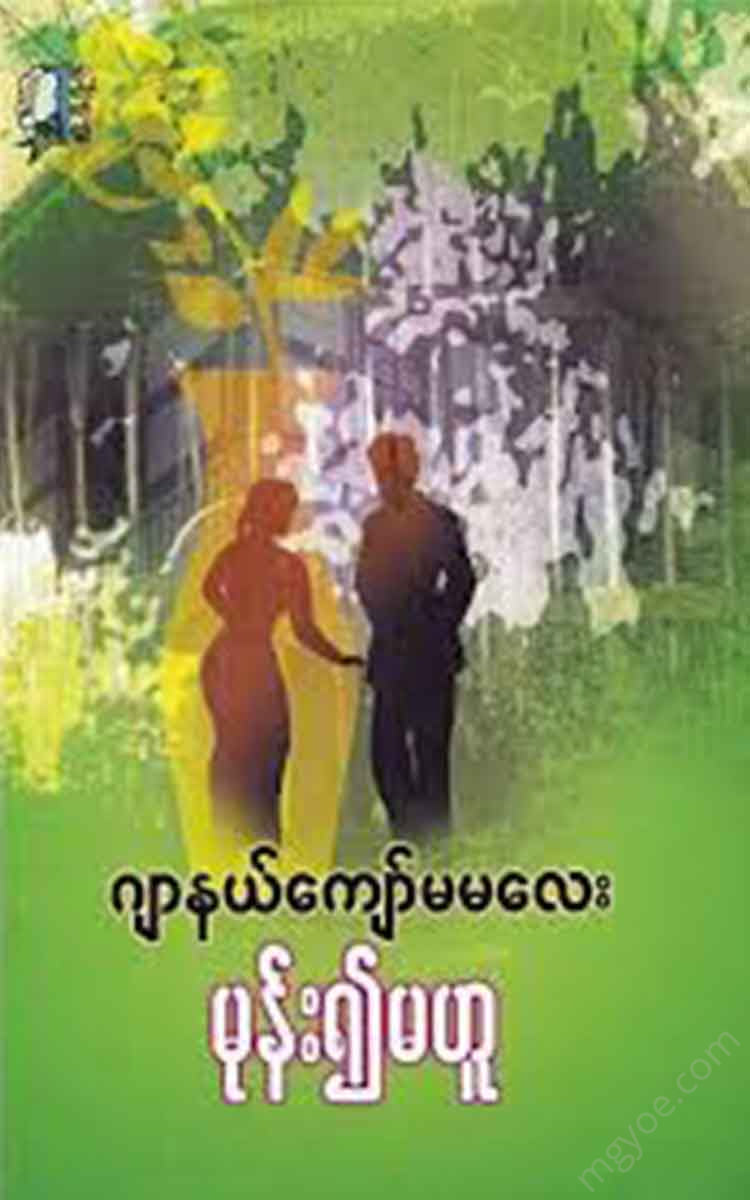Other Websites
Journalist Mamalay - I hate it.
Journalist Mamalay - I hate it.
Couldn't load pickup availability
"I hate you, don't you?"
The original Burmese novel "Mone Ma Hu" by Teacher Jana Kyaw Ma was published in the May 1955 issue of Shumawa Magazine, Volume (8), No. (96), and then published for the first time by Shumawa Publishing House.
The background is the British colonial era, and it vividly depicts the cultural contradiction between a husband who greatly admires Kabyle culture and thinks like a Kabyle, and a wife who comes from a family that follows Burmese culture. The heartbreaking story of a character who finds herself in a life of misery due to this dissimilar marriage structure and “excessive love” is very well-written with the rose in the middle of the Paung Chaung Club depicted on the cover of the book. It makes us see and feel the negative reaction of cultural conflict and what can be called ultra love. Once, a university student from Kyaiklatt, who was studying English Literature and Burmese Literature, said to her teacher, “I have read the book ‘Mone Do Ma Hu’ forty times. "I will continue to read it in the future." It is based on a deep understanding of race, religion, culture, and character.
The novel "Mone. Mahu" will undoubtedly bring a clear vision and a sharp feeling to the reader's mind and heart. "Mone. Mahu" has been printed and published nine times by various Myanmar literary publishers since 1955. The following are the translations of the novel "Mone. Mahu" into foreign languages.
Chinese translation
"The Chinese translation under the name Ba shihen"
Published by the Department of Oriental Studies, Peking University in September 1985. The authors are Liang Fan (Burmese name Daw Than Than) and Yang Pinyan (Burmese name U Maung Shein). The number of copies is 9,100 (nine thousand one hundred) and the book price is 1.3 Chinese yuan. The special points mentioned in the introduction are:•• How to regret being a victim of Western culture and “a warning bell for young people who want to admire the West and think of themselves as inferior.”
English translation
"NOT OUT OF HATE" was translated into English by Sosye Sades and published in 1991 by the Center for International Studies at Ohio University, USA.
Translated by Margaret Aung Thwin, edited by R. H. Frederik, Associate Professor of History at the University of Iowa, and written by Anna Allot, Professor of Burmese at the School of Oriental and African Studies, University of London, England. Glopoiwas despose$con Robert B. Vore, University of Washington, wrote the 'Afterword'. The translation includes a map, explanations, supplements, and notes. It is the first time a Burmese novel has been translated into English outside of Burma. It is considered a work that can clearly and vividly describe the role of the great journalist Ma Malay in the history of Burmese literature and the conflict between Western and Burmese culture for those who study Burmese literature and colonial history. The number of copies published is unknown. The price is US $ 20.
French translation
The French translation of “Mone.mahu” was translated by Professor Jean Claude Ange and Dr. Khin Lay Myint and published by L'Harmatian, Department of Asian Literature (Burmese) in 1994. It is the first Burmese-language translation of a work into French. It also includes the lines from Rudyard Kipling's The Road To Mandalay (1887) mope, “The bells in the wind through the leaves call the British soldier to return to Mandalay,” and the line from the book The Burmese Challenge (1940) “We have a plan to overthrow the British machinery of government.” The editor is GP: Popow. 30,000 copies have been printed and the price is 35 kophet.
The article provides a summary of the story "Hate Me Not," and examines the conflict between Western cultural influence and ethnic culture. It examines the problems that arise from interracial marriage, and discusses the history of imperialism and the struggle for national liberation.
Uzbekistan is a country of
This translated book does not exist. However, in the teacher's letter dated 28-9-1981 to the Director of the Administrative Office of the Library, it is stated that Uzbekistan distributed 80,000 (eighty thousand) translated books in their own language.
Moe Hein (Son Journal)



